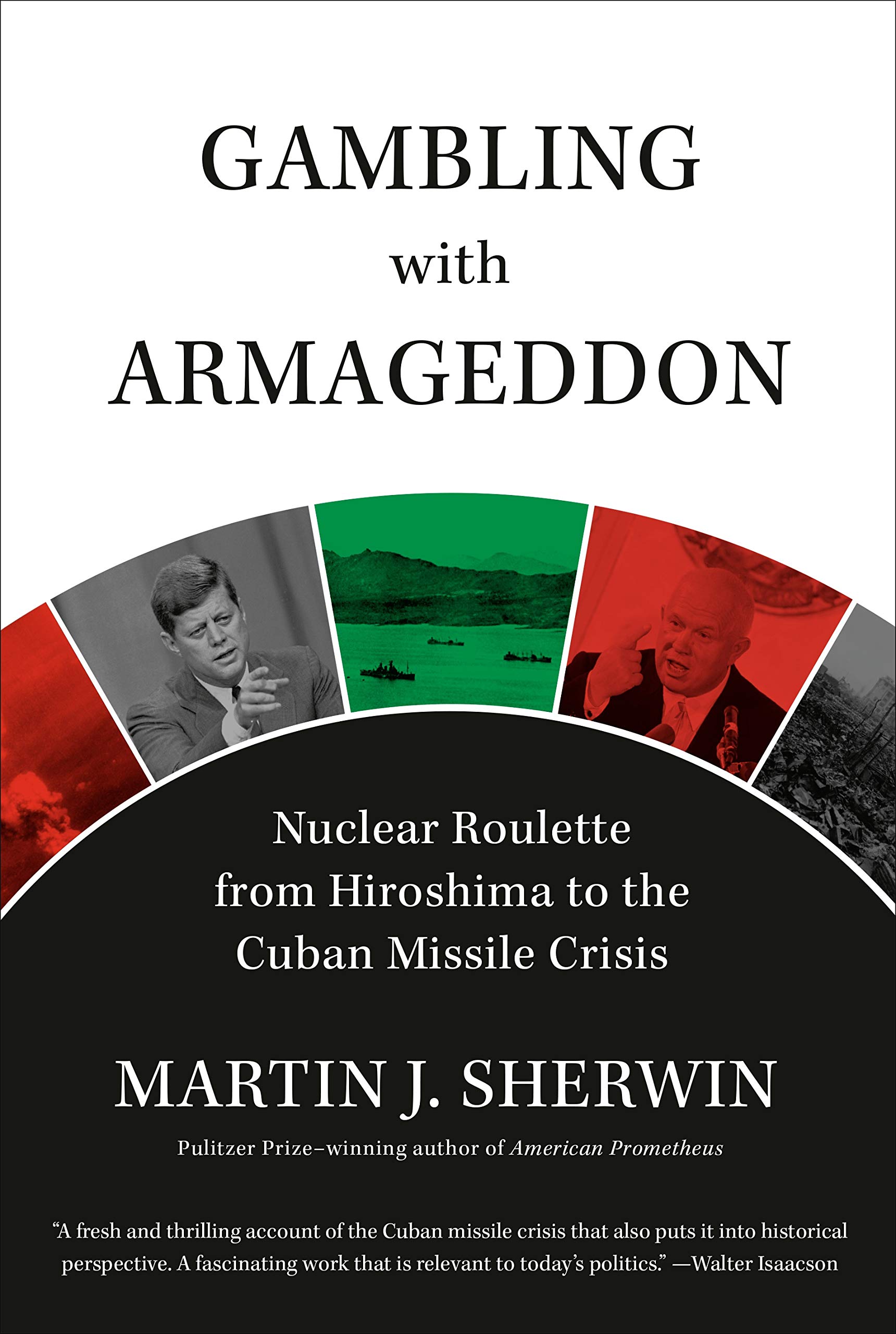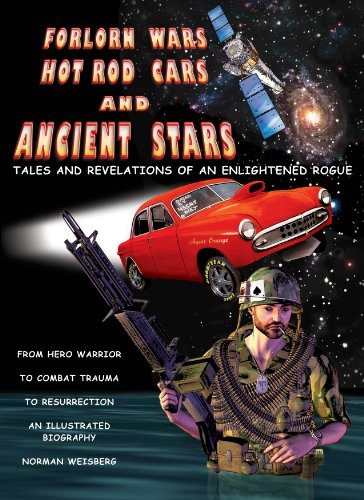Gambling with Armageddon: Nuclear Roulette from Hiroshima to the Cuban Missile Crisis
Two weeks in October 1962 bore witness to an intense showdown between global superpowers, which nearly ended in world annihilation. The Cold War between East and West had been ongoing since the closing days of World War II. As the 1960s began, the temperature had been rising, and the proliferation of nuclear weapons accelerating. The theatre of war irrevocably changed with the utilization of the Atomic Bomb in Japan by the United States. President Truman was in awe of the potential of this novel weapon and gushed about it to the Soviets. The Soviets were aware of the bomb, and were on their own way towards fashioning their own atomic device. The arrival of the Eisenhower administration and the death of Josef Stalin didn’t deter the simmering hostilities, as mutual suspicions remained. The differences and ideologies between both powers were viewed as too vast to bridge any compromise. JFK took office in 1961 as a hawk seeking no detente with the Soviets, yet the failed Bay of Pigs Invasion and the possibility of mutually assured destruction altered his thinking.
Gambling with Armageddon sums up brilliantly how might doesn’t necessarily equal right. The palpable tension is felt with every turn of the page, as any misstep by men of history could’ve led to doom. This book feels timely in the present day, a lesson to be learned but also a scholarly work to be enjoyed thoroughly.
| Author | |
|---|---|
| Star Count | 5/5 |
| Format | Hard |
| Page Count | 624 pages |
| Publisher | Knopf |
| Publish Date | 2020-Oct-13 |
| ISBN | 9780307266880 |
| Bookshop.org | Buy this Book |
| Issue | December 2020 |
| Category | History |
| Share |






Reviews
There are no reviews yet.